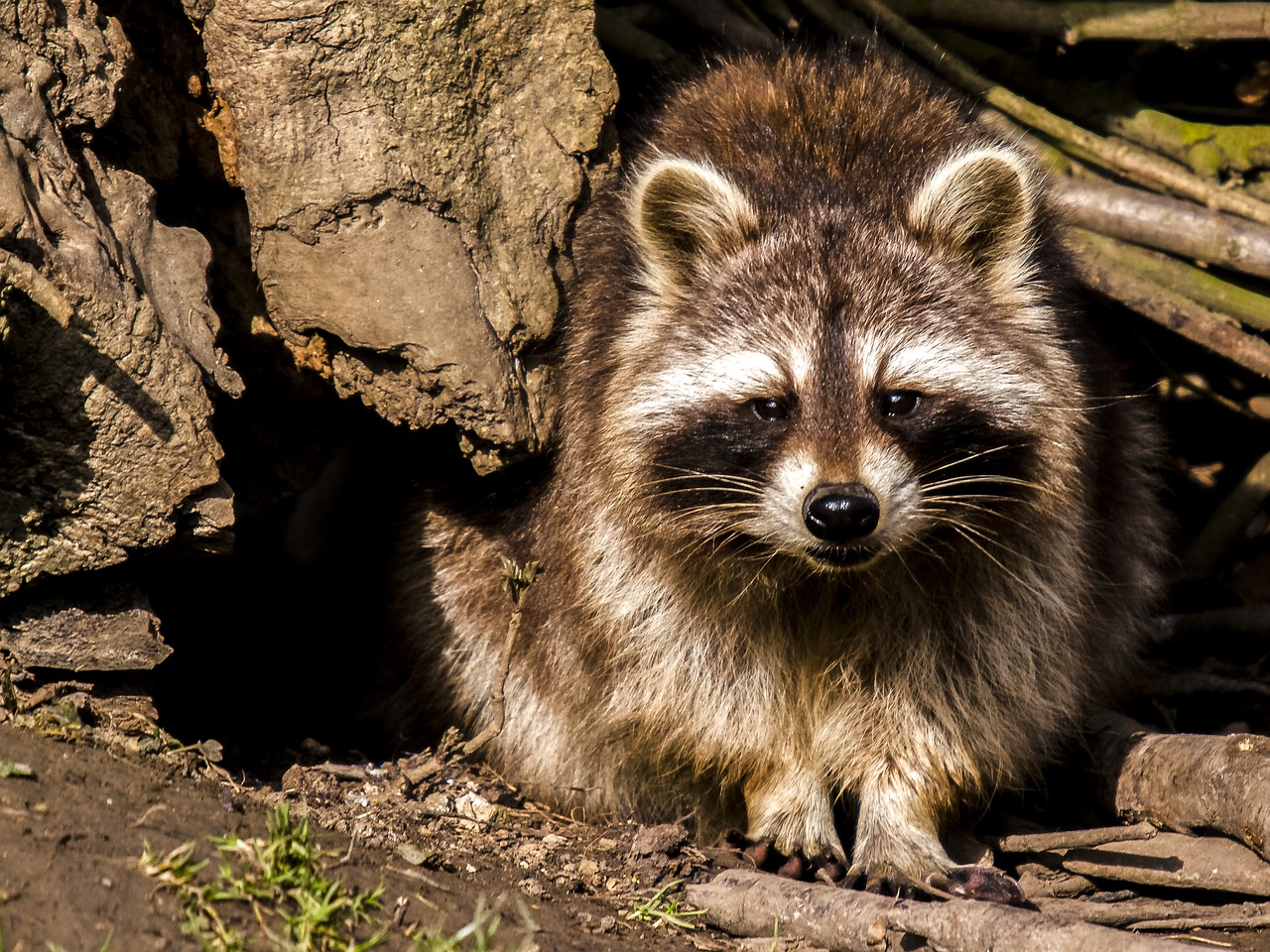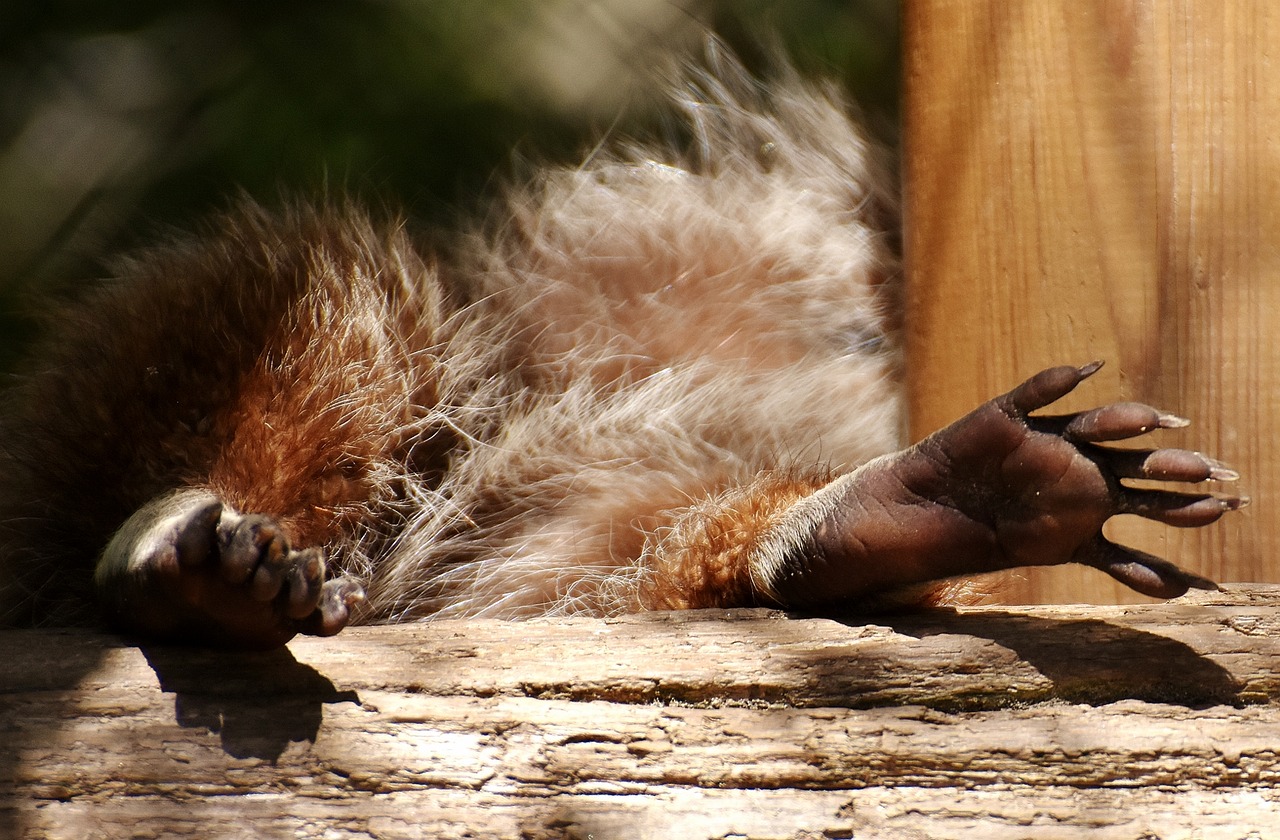Raccoon Infestation
Portland OR, Vancouver WA
When it comes to unwelcome house guests, raccoons can be quite the nuisance. A raccoon infestation means having clusters of intelligent creatures living in parts of your house, such as your attic, garage, and crawl space. Having a raccoon infestation in the crawl space of a house means sharing 40-60% of the air of your home with these animals, putting your family at risk to the airborne roundworm eggs found in their feces. Raccoons are carriers of rabies, and their feces are bio-hazards, requiring special clean up to insure pathogens don’t spread.
Life Cycle and Biology of the Raccoon
Raccoons are stocky animals, ranging from about 2 to 3 feet long, and weighing between 10 to 30 pounds. Their bodies are covered with grizzled salt and pepper grey fur, and their tails have grey and black rings; their most prominent feature is the black “mask” over their eyes; they look like cartoon bandits! Raccoons are found all throughout the United States, except for high elevations and arid areas; they prefer habitats of hardwood forest areas near water.
Raccoons typically breed around February and March, with a gestation period of about 63 days. Most litters are born in April or May, and the average size is 3 to 5 offspring. A family of raccoons usually remains with its mother for the first years before becoming fully independent.


Signs of a Raccoon Infestation
Don’t be fooled by their cartoon-ish appearance; raccoons are very destructive animals, capable of tearing off shingles and fascia boards in order to gain access into an attic or crawl space. Because raccoons make dens out of places like hollowed trees, an uncapped chimney can be seen as a suitable dwelling for them as well. The most telling sign of a raccoon infestation is their paw prints around suspicious damage.
Dangers of a Raccoon Infestation
Raccoons have sharp teeth and claws, capable of chewing holes in walls, through wires, tearing apart air ducts, and pipe insulation. A raccoon infestation of a crawl space also poses health risks to the inhabitants of a home. Their feces can carry roundworm eggs, which can be contracted through inhalation and ingestion. It also carries giardia lambila, a common protozoan for pets that causes diarrhea, that can also be contracted through ingestion and water contaminated by feces. Raccoons are also known carriers of rabies; male raccoons have no problem attacking those who encroach on their territories, making their bites potentially lethal.
Think your crawl space is infested with raccoons? The best course of action would be to call your local animal control to remove them. Once your home has been rid of them, the experts of Bloom can come to assess your damages. Some solutions we offer are:


